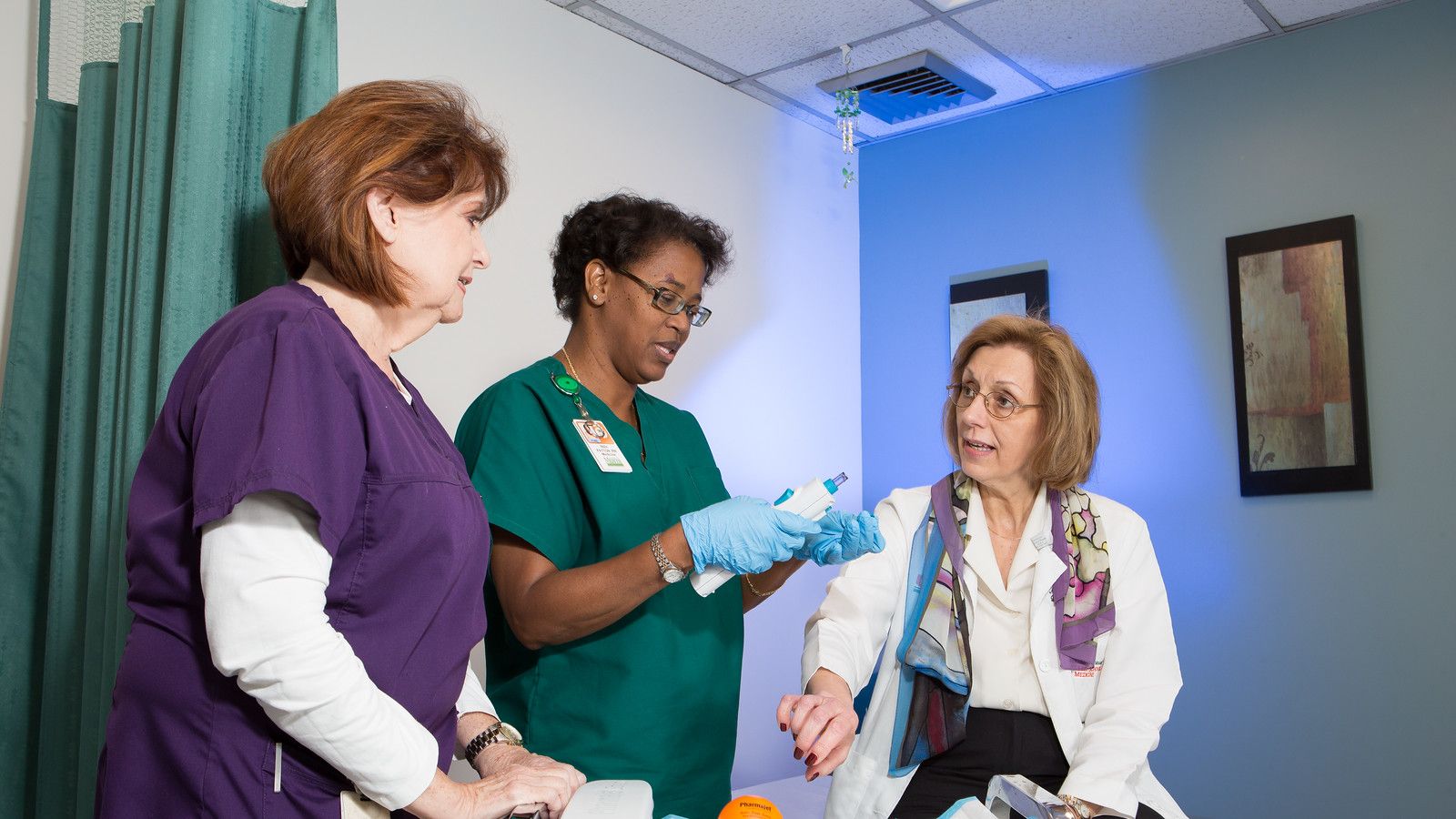
Since the start of the Zika outbreak in 2016, researchers have been racing to identify vaccine candidates that could combat the virus. This research has happened quickly as Zika—spread through the Aedes aegypti mosquito—took hold of more than 50 countries and territories in Central and South America, eventually landing in Miami.
The National Institute of Allergy and Infectious Diseases (NIAID)—part of the National Institutes of Health (NIH)—has been at the forefront in Zika vaccine development, and on Friday the agency's health officials announced plans to begin testing an experimental vaccine in a large scale Phase 2 trial.
The trial on the vaccine, developed by government scientists at the NIAID's Vaccine Research Center, will take place in two parts. The NIH is leading the study that will enroll at least 2,490 healthy participants where Zika transmission has occurred and is likely to pick up again when mosquito season peaks this summer. This includes sites in the continental United States and Puerto Rico, Brazil, Peru, Costa Rica, Panama and Mexico. The two-part trial further evaluates the vaccine's safety and efficacy. The trial will also help to determine the optimal dosing and whether or not the vaccine effectively prevents the disease caused by Zika infection.
"The Zika virus is likely to become endemic in regions of the Americas," Dr. Anthony Fauci, director of the NIAID, said in a press conference held on Friday. "There are still questions about the scope of the virus and the long-term effects of Zika. So it is imperative that biomedical efforts continue to work to maintain the spread of the virus."
Part one of the trial is expected to last 32 weeks and will involve 90 healthy adults. While women of childbearing age will be allowed to participate in it, women who are pregnant will not. In this part of the trial, researchers will administer the vaccine at varying doses to better understand how much of the vaccine a person needs in order for it to be effective.
Once the researchers have gathered enough data, the second part of the trial will take place, enrolling 2,400 adults and adolescents. These participants will be monitored for two years with clinical visits every two weeks and through evaluating blood and urine samples. This part of the trial will include a placebo group, with half of participants receiving a fake vaccine. The trial design is also double-blind, meaning both study participants and researchers will not know who actually receives the real vaccine.
Fauci says the FDA has also agreed to make the vaccine widely available should a Zika outbreak occur in the U.S. "It depends really on the emergent need of the vaccine and the quality of data," he says.
Previous studies on the vaccine suggests it's safe and effective. Unlike many vaccines that protect against infectious diseases, this Zika vaccine doesn't consist of the virus. Instead, it contains a small circular piece of DNA called a plasmid in which scientists have inserted genes that encode two proteins found in the virus. Once inside the body, the vaccine mimics the Zika virus and triggers an immune response.
If Phase 2 data is positive, the vaccine will likely move onto Phase 3, and at that point the NIAID will look to partner with a pharmaceutical company that can cover some of the trial's costs.
Fauci said the trial is expected to cost approximately $100 million. He added that NIH director, Dr. Francis Collins is in contact with President Trump about making this research a priority, in light of the NIH budget cuts proposed earlier this week.
Since last summer, there have been nearly 300 cases of local Zika transmission in the county, and state and local health officials predict the summer will bring plenty more. The prospects of more Zika cases pose an especially serious public health risk to pregnant women in the state since it's well known that the virus can cause serious and irreversible birth defects.
"For the second part of the study that is going to be crucial," says Dr. Margaret Fischl, a specialist in infectious disease and scientist with the University of Miami Health System and Miller School of Medicine. "We need to know that someone potentially could be exposed to determine whether the vaccine can prevent new infection."
Nathan DiCamillo contributed to this report.
Uncommon Knowledge
Newsweek is committed to challenging conventional wisdom and finding connections in the search for common ground.
Newsweek is committed to challenging conventional wisdom and finding connections in the search for common ground.
About the writer
Jessica Firger is a staff writer at Newsweek, where she covers all things health. She previously worked as a health editor ... Read more





